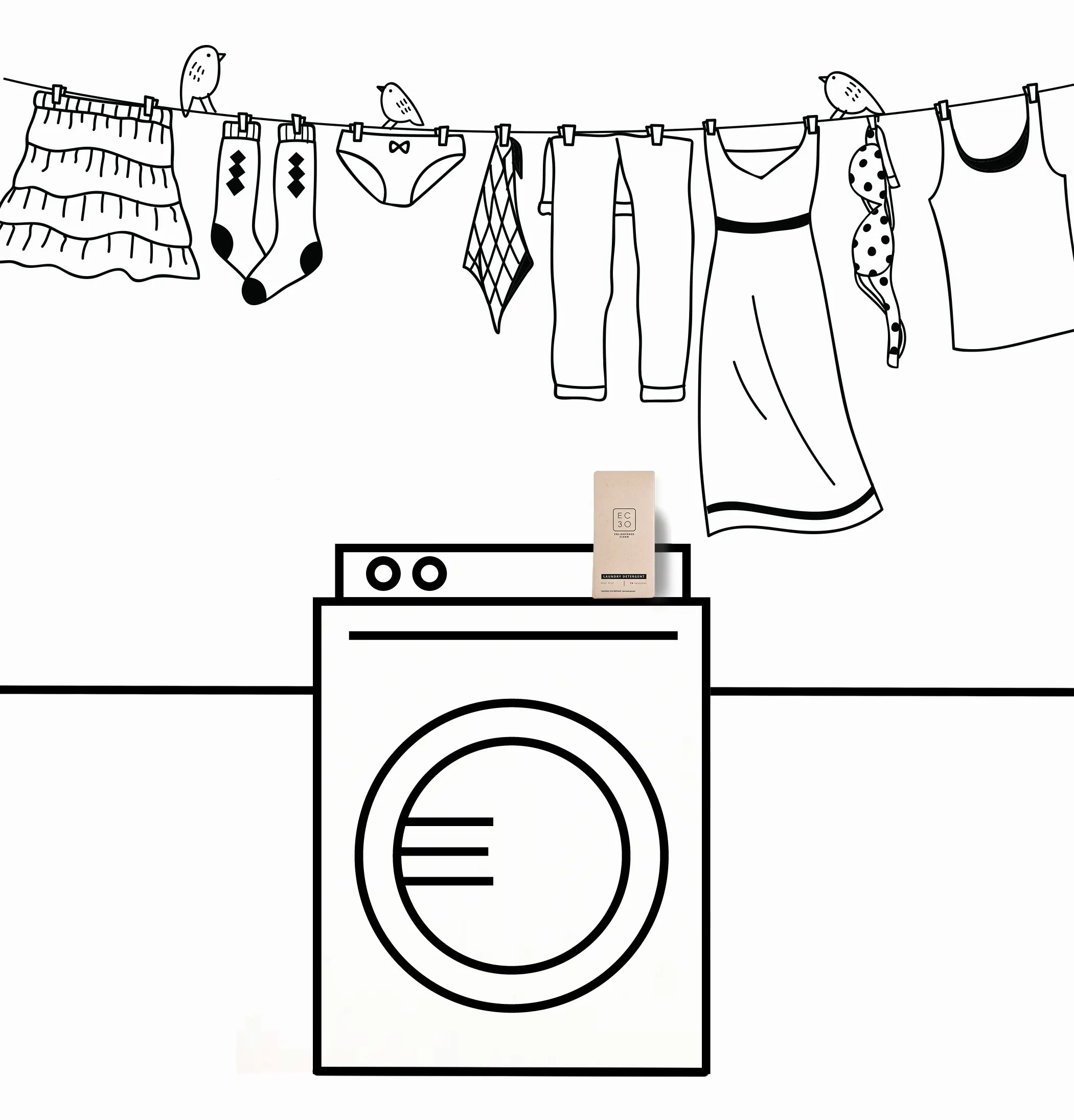02
Hang dry your laundry
when possible. The dryer uses the second most energy of your household appliances, behind the fridge. It also can emit 25 VOCs and hazardous air pollutants. By foregoing the dryer, you can save money and help the environment. Talk about a win-win!




